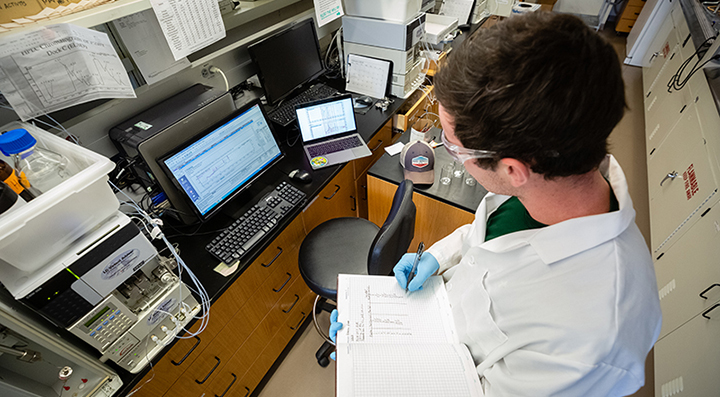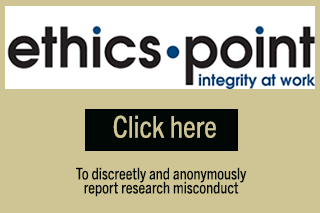Research Integrity & Compliance
Research Integrity & Compliance

promoting safe and ethical research
Research Integrity & Compliance manages multiple programs aimed to promote safe and ethical research at the University of South Florida, and uphold a culture of integrity. The RIC staff administer key research-related assurance and compliance programs required by federal and state agencies and programs for the conduct of research at USF. View the RIC org chart (PDF).
Applications for Research Compliance (arc) Portal
The Applications for Research Compliance (ARC) portal is used for the management of protocols in the Animal Care and Use (IACUC), Biosafety (IBC), and Human Subjects Research (IRB) programs, and for disclosures and interest inventories on the Conflict of Interest (COI) program.
To access the ARC portal, you will need to create an account.
| Date & Time | Topic | Instructor |
|---|---|---|
|
September 17, 2025 |
Environmental Impacts of Research |
Speaker: Charles Stanish, Ph.D. |
|
October 9, 2025 |
Authorship and Predatory Publications |
Speaker: William L. Gannon, Ph.D. |
|
October 20, 2025
|
Rigor and Reproducibility |
Speaker: Tracy Costello, Ph.D. Assistant Dean, Postdoctoral Affairs and Graduate Student Success University of South Florida |
|
November 4, 2025 |
Bioethics |
Speaker: Katherine Drabiak, JD |

